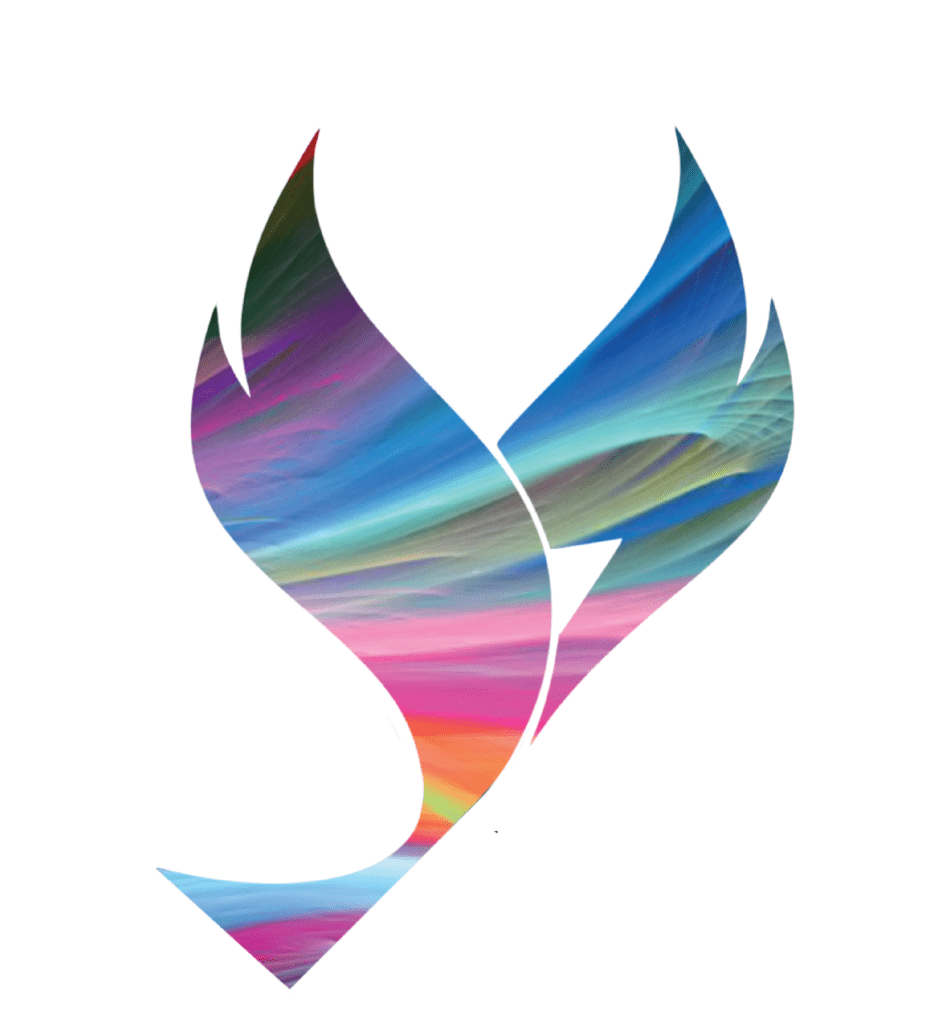Country of Origin: (Hawai`i) United States of America
I was accepted into the doctoral program and was offered a full scholarship. Most people would have immediately accepted.
But I didn’t.
The pride I felt from not only being accepted into the program but from not having to put myself into more debt for it, was quite literally one of the most satisfying moments of my life. I had worked my ass off to get to that point; I received my Bachelor of Arts degree in three years and was accepted to the one and only Master of Arts program I had applied to.

The master’s program was the most difficult experience of my life (and it lasted for two years, from 2018-2020). Long nights at the library, endless research and writing and proofreading, course readings and assignments, graduate assistant duties, student athlete mentor duties. My day was scheduled down to the last minute. But it was all worth it because I had gotten into the doctoral program. It was the goal and I had achieved it, but I could not ignore the gnawing feeling in my gut.

While I do not regret pursuing my master’s degree, the experience was miserable. I fell into old habits of barely eating, mostly because of stress and lack of time, but also because of financial instability and my mental health. I was in a constant state of anxiety and depression. My anxiety led me to believe that I did not have time to eat, sleep, or take care of myself, and my depression led me to believe that I did not deserve to.
A 2018 Harvard study found that graduate students are three times more likely to experience mental health disorders and depression compared to the average United States citizen. While I recognized that I was suffering mentally and not able to fully take care of myself, I did not have the courage to seek help. I told myself that if I could just get through the two years, everything would get better.
But my mental well-being did not get better. I was overwhelmed and exhausted, and not the best version of me. I felt sad, and then I felt bad for being sad. My mind would not stop racing about all the tasks I had on my “to do” list and what would happen if I didn’t complete the tasks. But at the same time, my mind was telling me to stay in bed and rewatch New Girl for the 50th time.
I barely slept, or ate, or saw my family and friends. And when I did spend time with my family and friends, I was absent mentally and emotionally because of my graduate school responsibilities. I would vent with my peers in the graduate program while consuming an unhealthy amount of alcohol. They offered validation and encouragement, but it was not hard to tell that we were all overworked and exhausted, too.
About a year into the program, I reached out to my university’s mental health center. I was informed that there were no openings for over a month. I was discouraged and attempted to look for help off of campus, but realized I would not have time in my day to see a therapist. My days were packed with my graduate assistantship, mentor job, homework, research, and hours long graduate classes. And in between all of that, I needed to find time to eat, sleep, and maybe go to the gym, but only if there was time. How would I be able to drive 20 minutes off of campus, pay for parking at the medical facility, talk for an hour, and drive 20 minutes back?
I had been told that there is always time for mental health and that I need to take care of myself first, but I could not see how that was a possibility for me.
I told myself that I could make it through the year, and that I was strong, smart, and capable. I faked it. And then about halfway through my last semester in the program, the pandemic hit. Everything went virtual and all of my responsibilities somehow became even more difficult and overwhelming than they were before. But, I made it through.
I completed and passed my thesis, virtually, my family celebrated my graduation through a Zoom party my mom put together, and I had the opportunity to walk at graduation a year later. Everything that I went through culminated in my acceptance into the doctoral program.
There was a sense of pride when I received my acceptance into the doctoral program, but that gnawing feeling in my gut could not be ignored. If I were to accept, I would be committing myself to at least six more years of the misery I had been living. That gnawing feeling I felt in my gut told me what I already knew; I could not survive six more years.

I knew from the moment I opened that email that I was not going to accept it, however I told everyone that I was not sure what I would do. I did not know how to tell my family, friends, professors (especially the ones who fought for me to be in the program), and peers that I did not want to accept it.
“But it is such a wonderful opportunity!”
“It’s entirely paid for.”
“Won’t you regret it?”
I had not been honest about my mental well-being, so it was difficult to explain why I could not accept the offer. I felt as though I owed everyone an explanation, but it was an explanation I did not know how to give. My husband, then fiancé, was the first person I told. He was there with me through it all (except for the six months he was deployed), and he saw my struggles first hand. He was a constant support throughout all of it, and I do not think I have thanked him enough for it.
The next person I told was my mom, who has been and continues to be, my greatest support in life. The last thing I wanted was for my mom to be disappointed in me. While I acknowledge my own hard work and perseverance, I recognize those traits were learned from my mom. But I was ready to rest and my mom understood. She accepted my decision and confirmed that she was not disappointed with me.
So, I emailed my rejection to the program and let others spread the word for me.

It has been about three years since I decided not to pursue the doctorate, and I do not regret it. I made the right choice for myself and I am so thankful I trusted my gut. Although I am currently struggling to find employment, I am so relieved that I am not in a doctoral program. It is cliche, but trust your gut and stay true to yourself, and life will figure itself out.
Thank you to Apurva Makashir for their inspired edit on this piece and everyone else on the Mental Health team.
If you are interested in submitting a piece to the DG Sentinel, please visit our submissions page here.













2 Comments
Anuj
Thanks Daisy for an engaging piece on Mental Health. The current hustle culture makes us put our health on the backseat, but there are prices to pay.
As a new joinee struggling with rejection at work, I find the story comforting and relatable.
Finding your niche and taking the “call” – to not pursue something, is a big challenge. I appreciate your gut feeling and am happy for the rewarding life you are living now.
Mental health • Yale Food Addiction Scale • Eating disorders • Food craving
The study found that people with severe mental health issues also report physical conditions including metabolic diseases, hypertension, epilepsy, respiratory, vascular, kidney, and gastrointestinal diseases, as well as cancer.